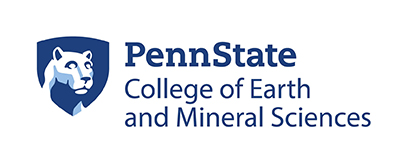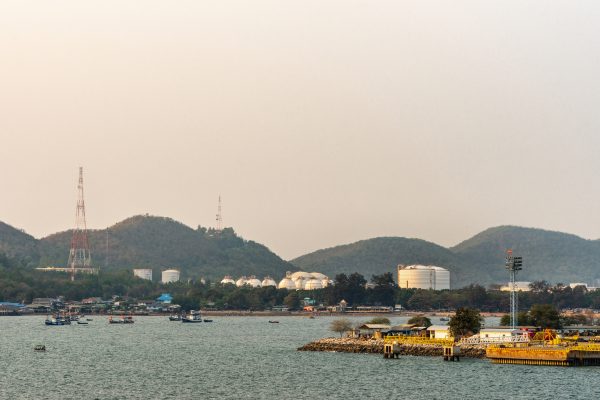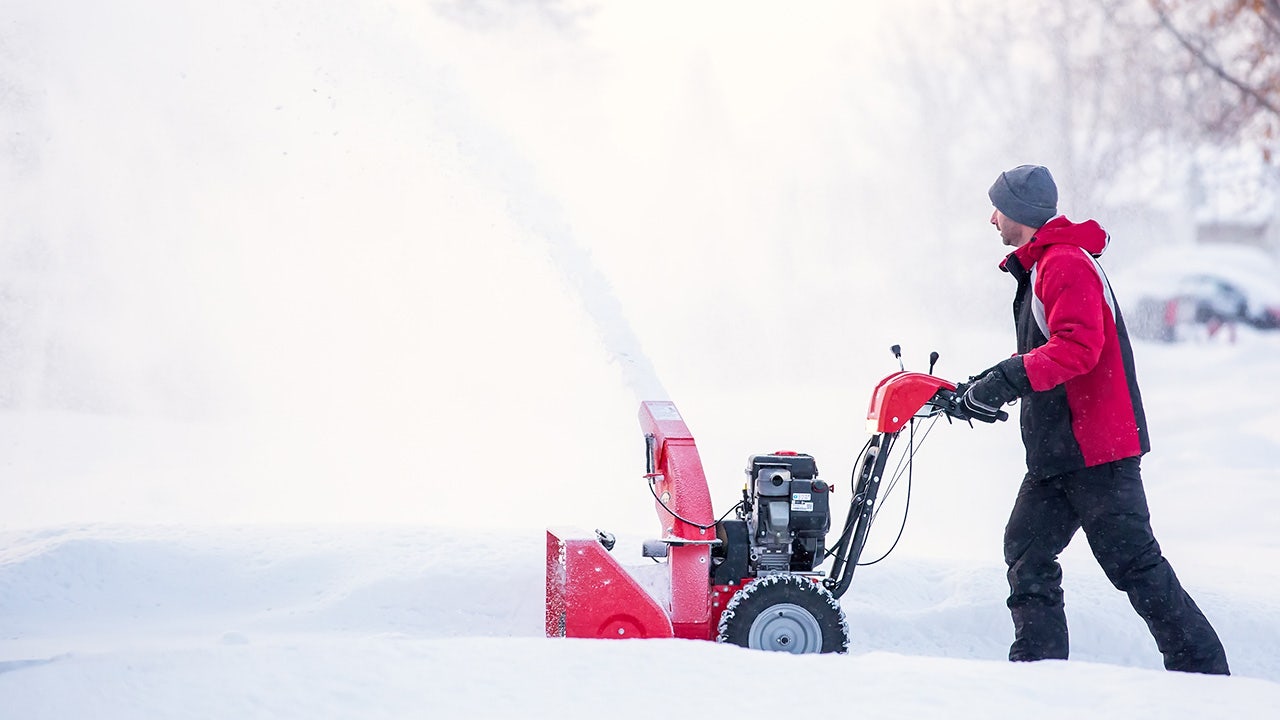As a scientific software engineer working with the space weather team in the NCEI Solar-Terrestrial Physics (STP) section, the successful candidate will support NCEI’s work with the Deep Space Climate Observatory (DSCOVR), Geostationary Operational Environmental Satellites-R series (GOES-R), and future satellite missions such as the Space Weather Follow-On (SWFO).
Date posted
Apr. 4, 2023 9:00 am
Application deadline
May 4, 2023 5:00 pm
Organization
CIRES/NOAA at the University of Colorado Boulder
Location
Job description
The Cooperative Institute for Research in Environmental Sciences (CIRES) at the University of Colorado Boulder (CU) has an immediate opening for a Professional Research Assistant (PRA) supporting NOAA’s National Centers for Environmental Information (NCEI), 325 Broadway, Boulder, CO. As a scientific software engineer working with the space weather team in the NCEI Solar-Terrestrial Physics (STP) section, the successful candidate will support NCEI’s work with the Deep Space Climate Observatory (DSCOVR), Geostationary Operational Environmental Satellites-R series (GOES-R), and future satellite missions such as the Space Weather Follow-On (SWFO). These efforts include development of algorithms that are used both in real-time and retrospectively to provide high-quality data records for space weather instruments, and implementation of these algorithms in scientific processing pipelines created and maintained by the space weather team. The successful candidate will be an essential member in a team of software engineers, data managers, and scientists dedicated to diverse projects to validate, process and disseminate NOAA’s space weather data.
The University of Colorado Boulder is committed to building a culturally diverse community of faculty, staff, and students dedicated to contributing to an inclusive campus environment. We are an Equal Opportunity employer, including veterans and individuals with disabilities.
Who We Are
The NCEI-STP space weather team is responsible for oversight of the NOAA space weather sensors on several satellite constellations, including GOES, DSCOVR, and SWFO. These missions provide data critical for NOAA’s National Weather Service (NWS) Space Weather Prediction Center (SWPC) efforts to protect life and property, as well as to the broader scientific community. The space weather team’s responsibilities include calibration and validation of space weather measurements and data products, development of scientific processing algorithms used in real time to produce data for forecasters, development of retrospective algorithms to create scientifically authoritative (‘best’) products, and prototyping real-time processing systems.
The Cooperative Institute for Research in Environmental Sciences (CIRES) is an internationally recognized leader in innovative environmental science and research and is located at the University of Colorado Boulder. At CIRES, more than 800 environmental science professionals work to understand the dynamic Earth system, including people’s relationship with the planet. CIRES has partnered with NOAA since 1967, and our areas of expertise include weather and climate, changes at Earth’s poles, air quality and atmospheric chemistry, water resources, solid Earth sciences, and more. Our vision is to be instrumental in ensuring a sustainable future environment by advancing scientific and societal understanding of the Earth system.
What Your Key Reponsibilities Will Be
- Implement and help validate data processing algorithms that convert GOES-R, DSCOVR, and SWFO spacecraft and space weather instrument data to scientific data products.
- Install and maintain scientific product algorithm software within NCEI product generation environments, both on-premises and using cloud infrastructure.
- Optimize algorithms to achieve required performance, based on test results and interactions with stakeholders.
- Help to develop innovative solutions as NCEI transitions to cloud-based infrastructure.
- Assist in the design and development of NCEI space weather product data services.
- Develop and maintain software tools to support the interdisciplinary space weather team’s needs.
- Assist with data product visualizations.
- Collaborate with and present findings to the space weather team and broader space physics community.
What We Require
- Bachelor’s degree or higher in Computer Science, Engineering, any Physical Science, or similar technical discipline.
- Experience with Python programming.
- Due to the requirement to access export-controlled data and information, only U.S. citizens, lawful permanent residents (green cards), or other protected individuals (i.e., persons designated as an asylee, refugee, or a temporary resident under amnesty provisions) are eligible for hire.
What You Will Need
- Demonstrated skill in scientific programming and analysis of environmental data, particularly in collaboration with an interdisciplinary science team.
- Demonstrated advanced proficiency in Python and its scientific packages (e.g., NumPy, SciPy, and Matplotlib).
- Skill with Linux/Unix operating systems, proficiency using tools such as Bash, SSH, and command-line text editors.
- Expertise in developing software using object-oriented design principles, software best practices, and version control.
- Ability to improve and maintain software authored by other parties.
- Understanding of the architecture and implementation of systems that generate, manage, or distribute large data sets.
- Ability to write clean, self-documented code that can be maintained by other team members when necessary.
- Expertise in writing unit, integration, and functional tests.
- Ability to effectively work both independently and as part of a diverse and inclusive workforce.
- Ability to creatively problem solve, productively manage multiple tasks, and thrive in a highly interactive team environment.
- Willingness and ability to seek answers from others, and to help others with their questions.
- Excellent oral and written communication skills.
What We Would Like You to Have
Please note that while the position details both required and preferred skills and experience, we invite applicants to apply even if they do not have the preferred skills and experience outlined in this “What We Would Like You To Have” section. If you meet the requirements and have passion for the work, you are encouraged to apply. We encourage on the job training for any additional skills or knowledge that become relevant to the position.
- Experience writing optimized Python code leveraging computationally-efficient libraries, such as NumPy.
- Experience creating cloud-native and/or cloud-enabled applications.
- Experience creating and running Docker containers, especially in the context of Continuous Integration/Continuous Delivery pipelines.
- Experience with space weather or space-based measurements.
- Proficiency with additional languages utilized for scientific processing, such as IDL and Matlab.
- Experience and/or knowledge of real-time analytics.
- Experience with data visualization tools.
- Familiarity with Python packaging and environment maintenance, particularly using conda or pip.
For more details
https://jobs.colorado.edu/jobs/JobDetail/CIRES-NOAA-National-Centers-for-Environmental-Information-Scientific-Software-Engineer/46973





















Discussion about this post